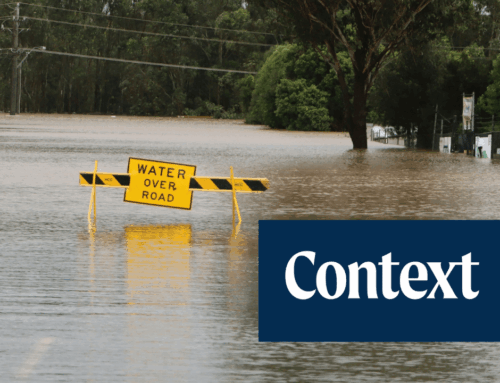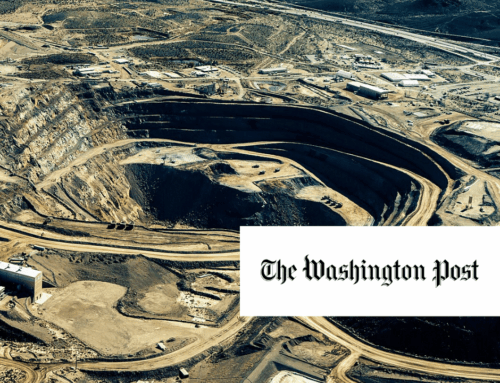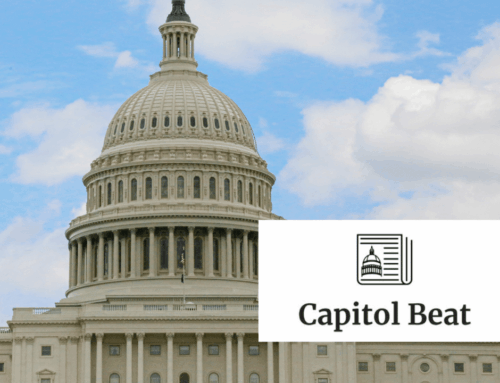The House will cut short its work week and vote Wednesday on a $1.5 trillion infrastructure bill that Democrats hail as transformative and Republicans dismiss as doomed.
The House had originally scheduled votes for Thursday, but late Tuesday House Majority Leader Steny H. Hoyer, D-Md., sent the announcement: They’d wrap up one day earlier.
That means they’ll finish up work on a bill that includes, among other things, authorizations of $494 billion on surface transportation projects, more than $100 billion to upgrade schools in impoverished districts, $10 billion for child care facilities, $100 billion for housing infrastructure and $100 billion for expanding broadband access.
On Tuesday, the House approved three separate en bloc amendment packages, primarily consisting of Democratic amendments, that would do everything from creating a pilot program to detecting COVID-19 in wastewater to authorizing $20 billion over five years to make public buildings more energy efficient and resilient.
The overall bill would permanently reinstate Build America Bonds, taxable bonds created in the 2009 stimulus law, that allow the federal government to pay subsidies to state and local issuers so they can offer more attractive interest rates.
It would also restore Qualified Zone Academy Bonds, which were repealed during the 2017 tax overhaul. Proceeds from those bonds would be allocated to school construction and retrofitting.
But the bulk of the bill would be funded from general revenue. The surface transportation portion of the bill would borrow $145.3 billion to pay for roads and transit — more than the cumulative $140 billion the highway program has borrowed from general revenue since 2008.
The federal highway program has traditionally relied on federal gas taxes to pay for roads, bridges and transit.
But the 18.3 cents-per-gallon gas tax has not been increased since 1993, even as vehicles have become more fuel efficient, leading Congress to borrow from general revenue to pay for part of the highway system since 2008.
Revenue provisions in the bill would cost $211 billion over 10 years, according to a CBO score of the bill released Tuesday. The bill would add $450 billion to the federal deficit between 2020 and 2030, according to the CBO.
Green energy
The most expensive collection of provisions have to do with the bill’s Green Energy section, which would extend or expand a number of energy tax credits as well as allow green energy publicly traded partnerships the same benefits of existing publicly traded partnerships for fossil fuels. The CBO says the Green Energy package would cost $124 billion over 10 years.
Housing provisions, mainly involving expansions for the low-income housing tax credit, would cost $86.7 billion over 10 years.
Meanwhile, a mix of tax provisions, including federally subsidized infrastructure bonds, along the lines of Build America Bonds, and a large expansion in tax-exempt private activity bonds, would increase revenues by $23.5 billion.
On Tuesday, House Transportation and Infrastructure Chairman Peter A. DeFazio, D-Ore., took umbrage at Republicans who criticized the bill for not paying for the additional spending, saying they had falsely claimed the previous highway law would be paid for. Instead, he said, they borrowed from general revenue to pay for it.
“It’s an investment,” he said.
He also fired back at GOP critics who complained that they had not had enough input, saying the bill was designed to tackle climate change and Republicans were not interested in doing so.
“What we have is a disagreement on principle,” he said. “And you can’t compromise on principles.”
“This bill is huge and transformative and we need it,” he said.
Republicans were not swayed.
Process complaints
“What we’re doing today is not legislating,” said Rep. Sam Graves, R-Mo., the ranking Republican on the committee.
They were not the only ones to complain about the process.
Steve Ellis, president of Taxpayers for Common Sense, called the bill “an all-of-the-above, kitchen sink, smorgasbord package that spans more than 2,300 pages of legislative text.”
He criticized the process, saying the huge packages of en bloc amendments will mean most lawmakers “won’t know what they’ve voted for or against until well after it is voted on.”
“Transparency and oversight are taking a big hit under this process,” he said.
Stakeholder groups, meanwhile, were mixed. While the American Society for Civil Engineers, Advocates for Highway and Auto Safety, Airport Council International and the American Road & Transportation Builders Association have signaled their support for the bill, the U.S. Chamber of Commerce dismissed the bill because it was crafted with little GOP input.
“With historic unemployment and tremendous unmet infrastructure needs, now is clearly a time for bold and ambitious action,” wrote Neil Bradley, executive vice president and chief policy officer for the U.S. Chamber of Commerce, in a letter to House members urging them to oppose the bill. “There is nothing bold, however, about voting on a bill that does not and will not have the bipartisan support needed to become law.”
The chamber instead urged the House to bring up the $287 billion, five-year surface transportation bill approved by the Senate Environment and Public Works Committee last July.
The current surface transportation law expires Sept. 30.










